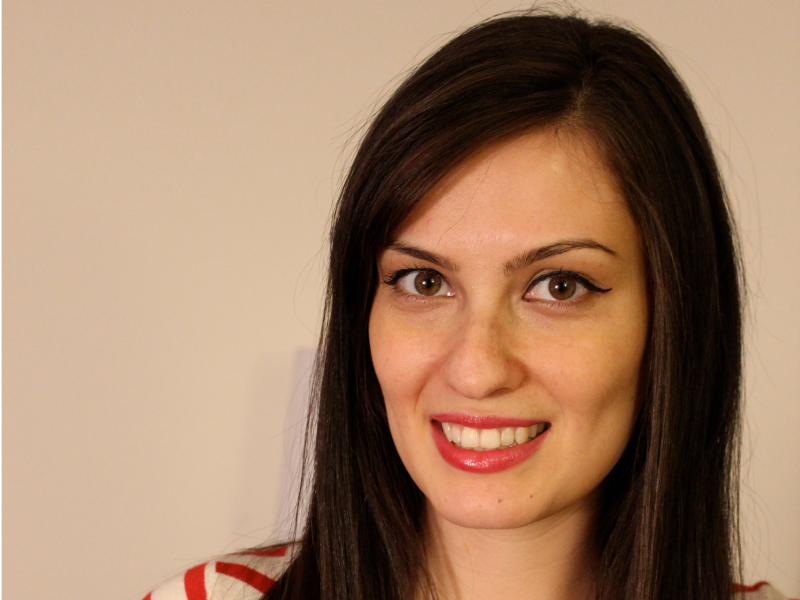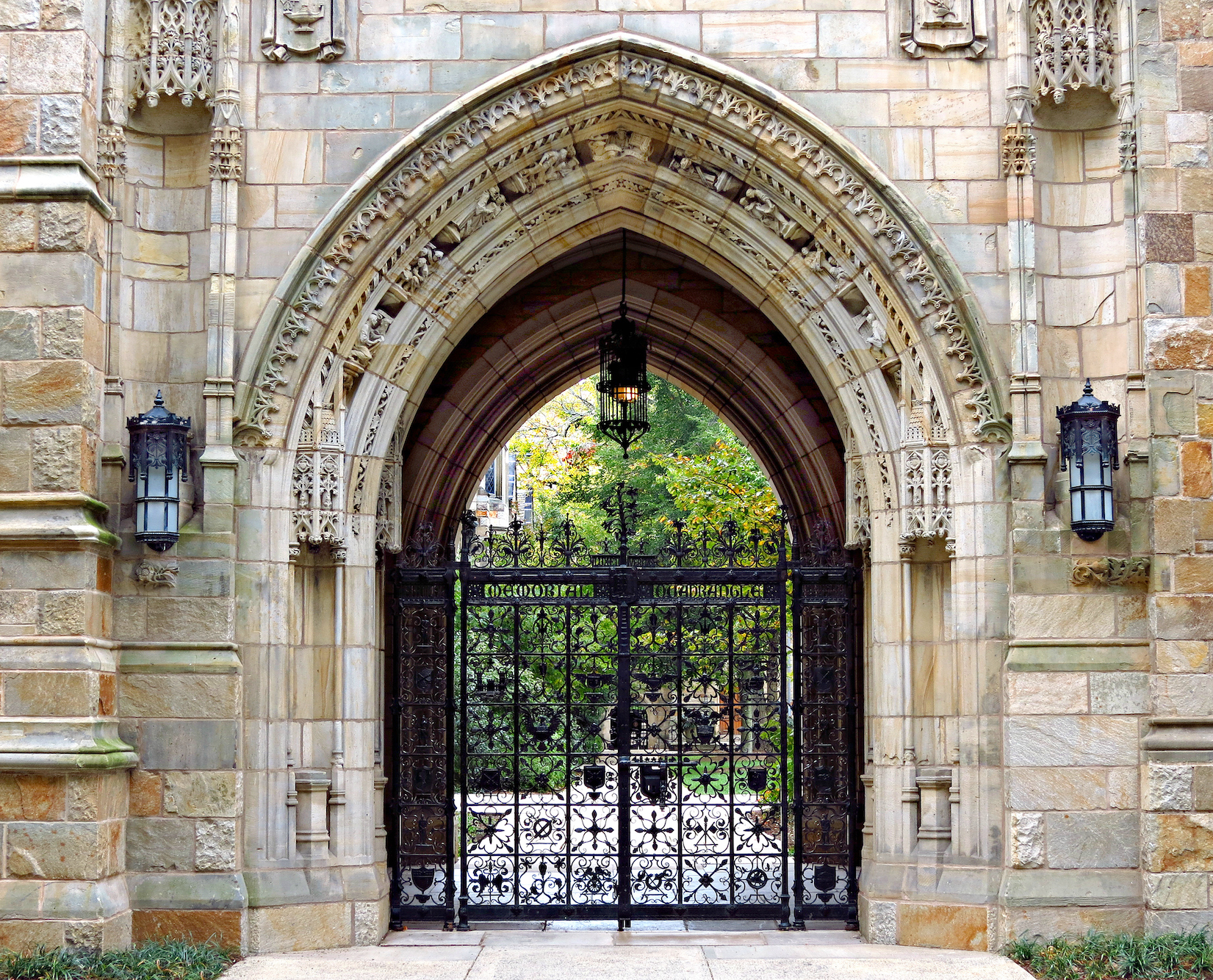- Yelena Shuster is an essay coach who helps students through the college admissions process.
- She says that process has always been one of privilege and pressure, stress and success – which is why the college admissions scandal comes as no surprise.
- As the daughter of immigrants, Shuster knows firsthand what it’s like to navigate those murky waters alone.
In today’s competitive college-industrial complex, it’s no surprise celebrities and the well-connected are accused of Photoshopping their kids’ way into the top schools. The college admissions process has always been one of privilege and pressure, stress and success. Now, as sleep-deprived, nail-biting students await their college acceptance results, they have new evidence to believe that American college admissions is a scam.
Last week, federal prosecutors charged 50 people – including actors Felicity Huffman and Lori Loughlin – with paying millions of dollars to buy their children’s admission into Yale, Stanford, and other brand-name universities. This cheating scandal is a depressing testament to the ever-increasing anxiety around college admissions. I know that pot-boiling pressure firsthand both as an immigrant teen dreaming of the Ivy League and as a private coach helping students with their admissions essays.
When I was 5 years old, my family immigrated to the United States as Jewish refugees. (We were lucky; the post-Cold-War climate favored our race and religion). I don’t remember much of my life in the former Soviet Union, but what I will never forget is the pressure to succeed I felt from a young age. While my parents worked multiple low-paying jobs, I internalized what many immigrant kids know: College admissions is the gateway to the American Dream.
In many ways, I was lucky: I went to a private high school on scholarship, and had the unwavering support of my parents and teachers. But when it came time to applying for college, my parents couldn’t afford a bribe, let alone pay for SAT prep. So, I spent my winter breaks memorizing thousands of SAT flash cards. My immigrant friends and I would go to the mall, stalk the halls of Borders (RIP) and sit there for hours in the aisles taking practice tests with notebooks we brought from home.

Those bookstore rendezvous were the extent of my social life. Back then, "self-care" was not a multi-billion dollar industry, no one had heard of kale, and I didn't realize that I was setting myself up for burnout. Most nights, I would fall asleep with the lights on, fully clothed with a textbook precariously perched on my chest. I was sick for what seemed like all of high school.
The admissions essay stressed me out the most, despite the fact that I loved writing and devoured books in my spare time - I spent every Saturday night staying up till 3 am trying to find my story (yeah, I was a cool kid).
All of this led to something amazing. My admissions essay somehow won the $100,000 Campbell's Soup essay contest. My whole world opened up in an instant. I enrolled at Columbia, where I majored in Comparative Literature.
Despite my zombie nights, I had it easy compared to this generation of teenagers. With admissions rates at record lows, I'm not surprised teen anxiety is at an all-time high. I know this anxiety firsthand because I now help students with their admissions essays for a living. It's a sign of the times that I feel compelled to clarify that what I do is not cheating: I do not write the essays for my students, but instead help them find their voice and choose their topics - no easy task given that most high school English classes don't teach the admissions essay as part of their curriculum.
The reason my industry even exists is because teenagers are not set up to succeed in the current admissions system. Many of my students apply to 15 schools or more, which means writing dozens of pieces because of the growing number of supplemental essays for each college. Beyond the sheer quantity they have to write, today's teens have no reference point for how to do so (most English classes rightly focus on the academic essay they'll be writing in college but skip the personal essay they'll need to get into college).
I am well aware that services like mine favor the same wealthy clientele I couldn't compete with in high school. Yet the reality is many of the parents I work with are fellow immigrants who have toiled their way into the middle class and are trying to ensure a brighter future for their children. I also try to avoid exacerbating an uneven playing field by offering pro bono services for underserved students. Until the rankings stop mattering or parents stop equating college with status, however, my efforts alone are not going to fix this unsustainable system.
Yelena Shuster has written for the New York Times, Cosmopolitan, InStyle, National Lampoon, and more. She now edits admissions essays as The Admissions Essay Guru.

